Multi-Scale & Existentialist Freedoms
Interview by Richard Marshall.
(Art: Julio Larrez)

' My multi-scale universe is not committed to any particular stuffs of the universe, or the number of kinds into which they may fall.'
'The cement of the universe is in the various species of dependence relations. Things enter into dependence relations of one kind or another (including, as a species, causal dependence relations). And there are no apriori restrictions as to which features are dependent and which independent.'
'The account of freedom I’m offering here can play the role of measuring rod for both personal freedom and political freedom, if we can find the correlate of self-conception for the political unit one might wish to take the measure of.'
Mariam Thalosis a philosopher working to transform two paradigms, one embedded in philosophy of science and one embedded in philosophy of freedom. Here she discusses both. First she discusses cobbling and sheathing, why other sciences don't have to pack up shop and let physics do everything, why talk of 'levels' is what she's against but she's fine with scales or domains, what she means by a 'multi-scaled universe', degrees of freedom in the universe, why philosophy can't be all a priori in this, the demarcation problem, why causation can't be the cement of the universe, why proposing a taxonomy for the class of properties in advance of empirical inquiry is a fools errand, renormalization and the notion of chance. Then she discusses the paradigm of freedom she is challenging, why an existentialist approach - in particular Simone de Beauvoire's - does much better justice to freedom than the dominant paradigm, and her focus on how human beings can shape their self-conceptions.
3:AM: What made you become a philosopher?
Mariam Thalos: While there are always many reasons (not to mention unknownable influences) behind choices of great magnitude in a human life, the one that is most prominent in my mind now as I look back is the expanse of the intellectual landscape that it opened up. Philosophy is the inquiry with the largest scope. I find that very attractive.
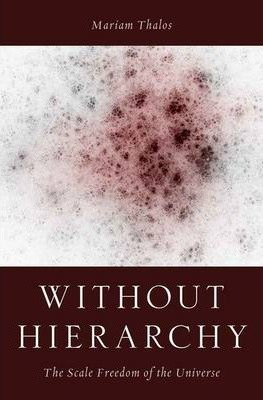
3:AM: You argue for a multi-scaled universe, and one moreover that is non hierarchical. We’ll come to what that means in a moment but first can you sketch a distinction that you make that is crucial for your approach, that between ‘cobbling’ and ‘sheathing’ (and ‘resheathing’), and why it plays such an important role for you?
MT: Cobbling is what we do when make or cook something from “scratch”—if we really could cook something from the most basic building blocks of the universe. It is putting together the basic elements in the right proportions and stitching them together to attain the recipe’s target. By contrast, sheathing (and re-sheathing) is what you do when you convert an old factory into condo units. You start with something more or less at the same size scale and “remodel” it by acting on the original entity as a whole, using processes at more or less that same size scale.
This distinction is meant to illuminate the reality that cobbling is just so very rare—where by contrast it is so prominent in the philosophical imagination. On the ground, most things are made by turning something at more or less the same size scale into something different—sometimes verydifferent—from the thing one started with. And the making utilizes processes and entities operating at more or less that same size scale. And it’s not just people who do this re-sheathing—other beings do analogous things. So do geological forces. And perhaps most importantly: natural selection acts at every scale to produce new things, working at both the micro and macro levels.
3:AM: Your contention is that there is activity at every scale rather than just at one scale don’t you and for that reason there’s no hierarchy of importance. Why do you argue that hierarchies of disciplines are anti-scientific and have the effect of suppressing profound questions? Can you first sketch for us the view you’re criticizing. Presumably scientists already think that its wrong or else presumably a geologist, biologist, sociologist would pack up shop and become physicists, but in philosophy you say it’s more acceptable. So is your position directed against a dogmatic reductionism that tends to be the position of philosophers (and maybe physicists)?
MT: The examples of converting a factory into condos and geological forces creating the planet we now enjoy should provide us the answer to that question: there is action by nature to produce new structures, new organisms and species, and new artifacts. Focusing this time on the biological: change happens not only via mutations that produce new traits in an old organism, but also (and at the very same time) via those new traits “finding” themselves in a felicitous environment—an environment that favors them over the old traits and thereby “selects” for them. If we cannot say that both these happen, and happen at different scales, we cannot illuminate the nature of evolution by natural selection. If we cannot do that, we cannot follow the evidence where it leads—so a directive that prohibits reference to the higher scales (in this case, of fitness-to-environment) will miss out on important scientific concepts. And a prohibition against, say, chemistry using biological concepts would keep us from being able to ask (and answer) questions about the importance of certain chemical reactions in the process of evolution. Indeed, such a prohibition would rule out the development of disciplines that “fall between”(on the one hand) or appear to combine (on the other) multiple disciplines: molecular biology; biochemistry; socioeconomics; neuropsychology; psychophysics; sociobiology; physical chemistry; and many others.
You’re quite right to point out that the practice of science demonstrates our non-allegiance to the concept of hierarchy: geologists and sociologists certainly do not pack up shop in favor of becoming physicists. More importantly, they don’t restrict themselves to ideas that are native to the physicist’s empire.
I position myself against a dogma that simply rules out these fertile possibilities from the outset, on the basis of nothing but a philosopher’s private horror of the untidy.
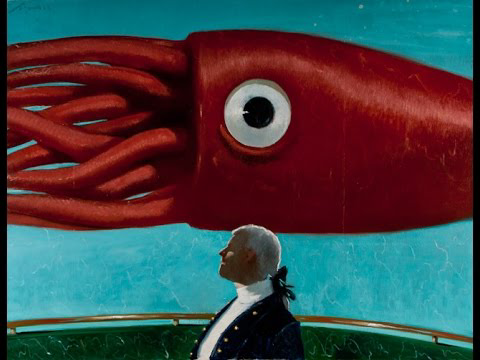
3:AM: Why don’t you talk about levels, and why do you think talk about complexity causing levels is nothing but a metaphysical muddle? For you is the key problem here the claim that ‘ Everything that has an effect on a physical thing must be having a physical effect on it at its minutest level’?
MT: “Level” is my opponents’ word for a certain feature of their conception of the world that reflects the tidiness of mind I alluded to before. For me, by contrast, it foreshadows the hierarchy, seeking to force the unknown pegs of the universe into preformed holes. If we do not insist on a hierarchy, then there can be no insistence on “levels”. I’m fine with “domain” or “scale” or what-have-you that doesn’t suggest a tidy hierarchy. The idea of level encourages scientists, on the basis of nothing, to formulate the idea of dependence of everything on the minutest stuffs, because a level system admits of natural bottoms and tops. And while there is no reason to resist the idea that any number of things depend on the minutest features of the universe, why (by the very same token) should we insist upon it? In any case, it requires an argument to maintain any sort of dependence thesis, whatsoever its content. That is my fundamental argument against levels. By holding out the model of levels in advance of any argument to that end, we smuggle in some profound prejudices.
3:AM: Can you set out what you mean by a multi-scaled universe, why its not hierarchical and how you maintain the position of monism, that there’s only physical substance – because it seems there’s no a priori reason why funny stuff like ghosts and the paranormal might now be included – or even fictional objects like unicorns?
MT: First of all, my monism is completely independent of the counter-hierarchy argument I advance. In the book I bring up monism simply to say that monism is thoroughly compatible with a multi-scale universe. At the same time, and as you indicate, it is compatible with funny stuff like ghosts, etc. It takes a separate argument to establish the nature of the stuffs that exist. It takes evidence to do so. And I take no position on any of those questions. My multi-scale universe is not committed to any particular stuffs of the universe, or the number of kinds into which they may fall. Although it seems we ought to allow in the ordinary material stuffs acknowledged by the sciences, again that requires a separate argument for its admission. None of that argumentation is built into my scale freedom account.
3:AM: So what are the degrees of freedom in our universe – on what scales do we see independent variables manifesting themselves - - presumably we can’t work this out a priori?
MT: No, we certainly cannot work this question out apriori. And I can only answer the question by saying that I do not possess the knowledge to answer it. Indeed I think we, the human knowledge community, are a long way away from answering it completely.
3:AM:What’s the role for philosophy in all this – it seems that answering the last question is a question for science not armchair theory – why is a theory of science important, in particular for addressing the demarcation problem?
MT: Too true: the answer to such questions cannot come from an armchair. But by the same token, the best metaphysics cannot either. The best metaphysics works arm in arm with the sciences. This was Aristotle’s view, which I firmly believe.
3:AM: You look at three theories of science, Aristotle’s, Carnap’s and Popper’s. How did they handle the demarcation problem, and which do you think best fits your own approach?
MT: I do look at these theories of science. But I don’t do it with the aim of answering the demarcation problem. I don’t have an answer to that problem. In fact, I’m not entirely sure there’s a very helpful line between science and other things, just as I’m not sure the lines between sciences themselves are especially important. They serve us for a variety of practical, administrative purposes. But they have no more significance than that, to my mind. The enduring things—the things that will outlast our institutions—are simply questions and answers about the universe and how it runs. How to organize these is just a matter of bookkeeping: do it however suits the needs of organizing your efforts for the intellectual job.
3:AM: So looking at the new metaphysical system you propose, how do the natural features on different size scales relate to one another? What kind of relations can they enter into with one another? How do causal relations in economics, say, relate to causal relations in chemistry, and how do you explain how the universe of economics and chemistry sticks together?
MT: In chapter 4 of the book, I argue that causation cannot be the cement of the universe. The cement of the universe is in the various species of dependence relations. Things enter into dependence relations of one kind or another (including, as a species, causal dependence relations). And there are no apriori restrictions as to which features are dependent and which independent. So I affirm that it is a serious possibility that a macro feature of something can stand in a relations of dependence with a micro feature—AS the independent party. For example: it might well make sense to say that a certain microscopic entity behaved as it did because a certain great lumbering beast—a human—switched on a device. We design devices with such purposes, after all, in order to prod and poke the minutest of things to show up and perform their special magics for us.
So I say that economic agents are brought together into economic dependence relations via the various laws of economics (whatsoever they be). And the various parties to chemical reactions are brought into dependence relations via the laws of chemistry, and so on. And there are so many cross-platform dependence relations that we have yet to name because we are so keen on being able to label them according to discipline. The apparent need for a pre-existing disciplinary home to nestle questions into sometimes keeps us noticing the out-of-the-box dependence relations in which things truly do stand.
3:AM: Can we ever be in a position to propose a taxonomy for the class of properties in advance of empirical inquiry or at least in advance of inquiry about the scientific disciplines themselves?
MT: Unlike some analytic metaphysicians, I think this is a fool’s errand. Not even the notion of causation can be given analytic form without a profound study of the facts of dependence on the ground.
3:AM: When discussing functional relations you talk about something called renormalisation and say relations that are illuminated by this are often ignored by philosophers. What is this and why is it so important for your no level, non-reductive metaphysics – how does it help answer the question as to why Physics can’t tell us why Biology exists, for example?
MT: I don’t know that renormalization ideas are especially important for my view or its exposition. They are important theoretical bridges in certain physical theories, connecting macro-level features with micro features with which they are associated. Efforts to understand renormalization theories bring to the fore the non-reductive process of relating macro to micro in very physics. Thus theories of renormalization are sterling examples of nonreductive theories in physics itself! They are preeminent illustrations of how the science runs ahead of stodgy philosophizing about it.
3:AM: Has science become a special form of gambling where many scientific models are working with probability and chance? Can you say how you think the influence of Carnap, Bayes, von Mises et al has altered how we should understand the work of science, and what the relationship is between wagering and knowledge? Are you a Bayesian?
MT: I take no position on the notion of chance. I have no horse in that race. Probabilities certain play important roles in theories of good science, just as they play important roles in articulating certain conceptions in (very obviously) statistical physics. I don’t think there will be a one-size-fits-all approach to probabilistic ideas in the sciences. And I have not done enough homework on that large topic to have a view as how to think about chance in science and its progress. I do have views about the connection between probability and causation, but that’s a smaller question than the one you posed. I hold no brief for or against Bayesianism either.
3:AM: You’ve worked at a paradigm shift in understanding science as non-hierarchical and multi-scale but you’ve also worked to enact another paradigm shift in your work on freedom as discussed in the philosophical literature. So what’s the paradigm you’re out to change?
MT: A preponderance of work on freedom in the Anglo tradition today begins from the premise that freedom is to be contrasted with metaphysical determinism. This leads to the idea that freedom is all or nothing: either we have it or we don’t. But if you begin instead with the idea that individuals (organisms, even) can enjoy a share of sovereignty over their lives, even when they don’t enjoy a full measure of it, that is a game-changer. And I believe that Simone de Beauvoir is the one to have noticed this. To be sure, she was working within a tradition that was not concerned very much about the challenge of determinism, as so many of those working in the Anglo tradition are now doing. So she was able to execute the “paradigm shift” (as you’ve called it) more easily. Those of us in the Anglo tradition have to work a bit harder to get to the other side.
3:AM: Why do you think your existentialist approach does much better justice to freedom than the paradigm currently in play? Does your approach to freedom actually illustrate the earlier points you were making about non-hierarchical approaches to knowledge – is this a social science approach that isn’t tempted by any reductive move to the mythic supposedly more fundamental level of biology or anything like that?
MT: My approach is much better attuned to the ideas coming out of sociology and social psychology about the importance of the self-concept in guiding action. That concept is of course nowhere to be found in physics. So yes: my approach to freedom illustrates the progress one can make in metaphysics when one abandons the idea that the ideas in physics are going to either save the day or break it.
3:AM: So as a take home can you sketch for us what your existentialist theory of freedom is – and say whether Sartre, Merleau-Ponty and de Beauvoir would recognize its main contours and be able to accept much of it? Are you an existentialist?
MT: The important feature of my account is its focus on how human beings can shape their self-conceptions. Freedom, in my account, is enjoyed to the extent that one has acted to shape their own self-conceptions, and in the process pushed back on the expectations thrust upon them by others and by larger institutional structures—by their particular human lifeworld, their particular ecology. In a slogan, you are free—according to my account—to the extent that your Self (which is another word for your self-conception) is self-made, as contrasted with other-made. The self-conception, as I’ve said to your last question, is a conception drawn from social sciences, where it is understood as something that plays an important role in the guidance of action.
Thus the account of freedom I’m offering here can play the role of measuring rod for both personal freedom and political freedom, if we can find the correlate of self-conception for the political unit one might wish to take the measure of. So, for example, a unit in (just for a toy example) a university is self-governed(the correlate of “free” for a body or institution) to the extent that the correlate of its self-conception—perhaps that is its bylaws of constitution—are self-chosen as contrasted with handed to it by a “dominating” body or entity.
I do believe that this is indeed an existentialist account of freedom, although I don’t think that mine is the only one possible. It’s existentialist to the extent that it emphasizes the aspect of being self-made. Unlike Sartre, who paradoxically asserted that all human beings possess the full measure of sovereignty, while chiding many humans for not exercising that sovereignty, Beauvoir was sensible enough to notice that being self-made comes in degrees. And that one has to practice being free. (And furthermore, that “consciousness raising” is way to get that practice.) I am entirely with Beauvoir.
3:AM: And finally, for the curious readers here at 3:AM, are there five books other than your own that you could recommend to take us further into your philosophical world?
MT:
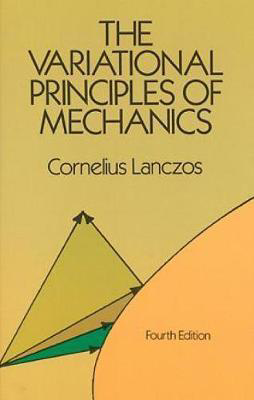
The variational principles of mechanicsby C. Lanczos (1949)
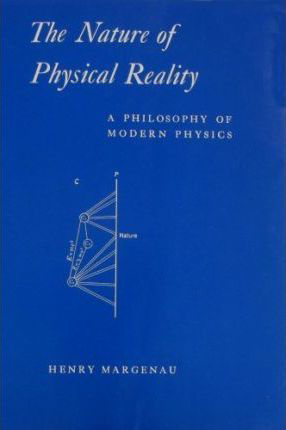
The nature of physical realityby Henry Margenau (1950)
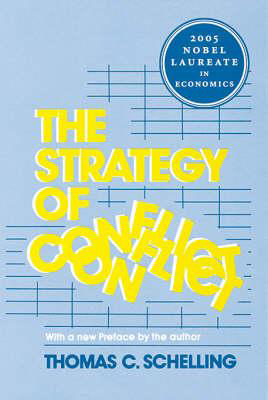
Strategy of conflictbyThomas Schelling (1960)
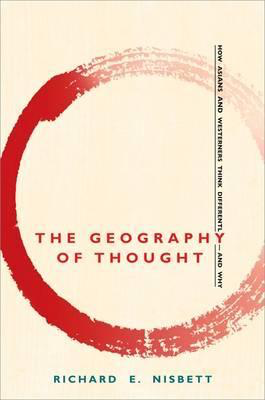
The geography of thoughtby Richard Nisbett (2003)
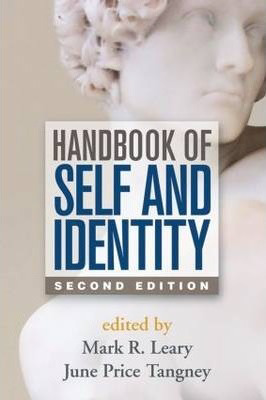
The handbook of self and identityedited by M Leary & J P Tangney
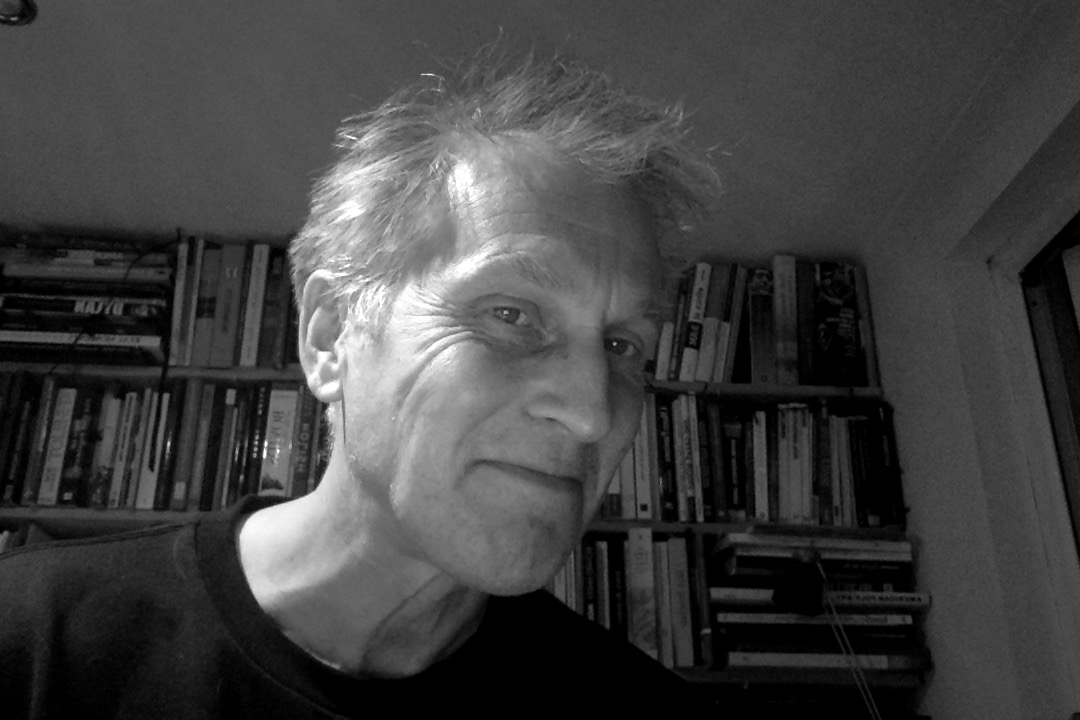
ABOUT THE INTERVIEWER
Richard Marshall is biding his time.
Buy his new book here or his first book here to keep him biding!
End TimesSeries: the first 302